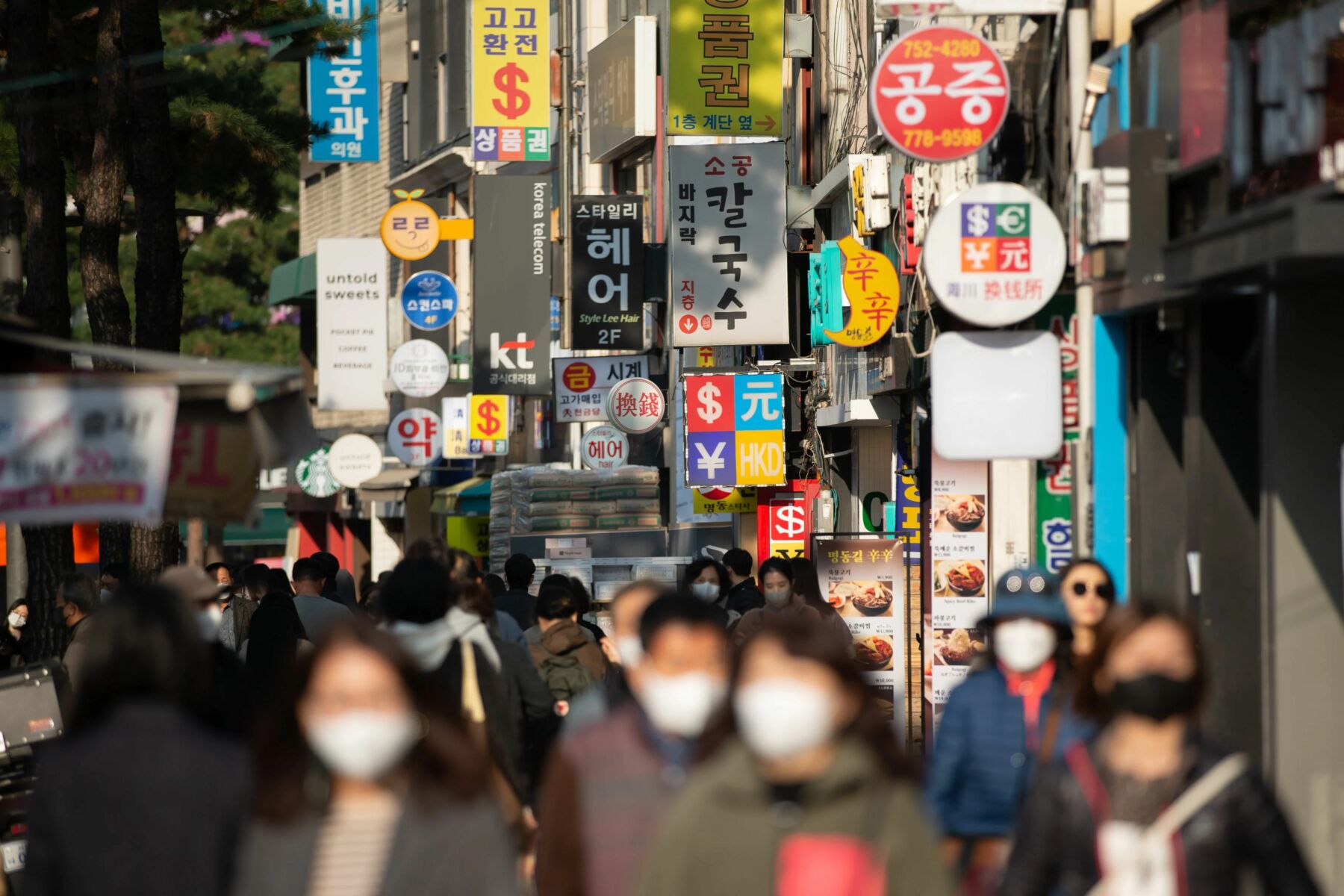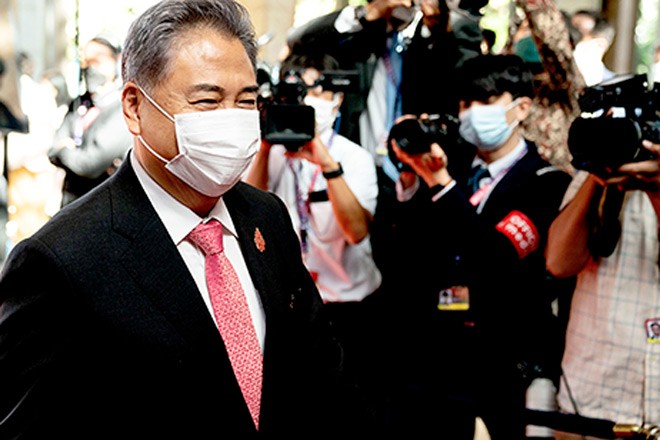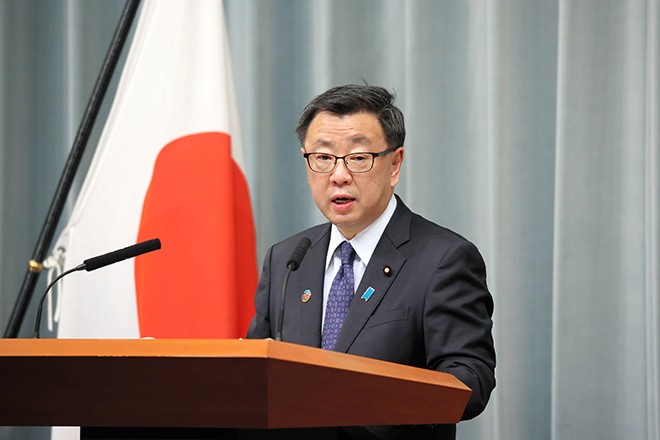China attacks Japan and South Korea over visa restrictions

Japan and South Korea defended public health restrictions on travellers from China attacks yesterday, one day after China stopped issuing visas in both countries in apparent retaliation.
Chinese embassies stopped issuing visas for South Koreans and Japanese on Tuesday. It wasn’t immediately clear whether China would expand the visa suspensions to other countries that have imposed even stricter virus testing regimes.
South Korean Foreign Minister Park Jin said yesterday he finds it “significantly regrettable” that China stopped issuing short-term visas to South Koreans and called for China to align its pandemic steps with “scientific and objective facts.”

According to South Korea’s Disease Control and Prevention Agency, about 17% of the 2,500 travellers from China from January 2 to Tuesday tested positive for Covid-19.
South Korea has stopped issuing most short-term visas at its consulates in China through the end of January while requiring passengers from China, Hong Kong, and Macau to submit proof of negative tests taken within 48 hours of their arrival in addition to Covid tests at the airport.
Japanese Chief Cabinet Secretary Hirokazu Matsuno criticised China’s attacks for “one-sidedly” restricting visas to Japanese nationals “because of a reason that is not related to Covid-19.”

Tokyo protested and demanded China scrap the measures and that Japan will “respond appropriately while closely watching China’s infection situation and how information disclosures are handled by the Chinese side,” Matsuno said.
Matsuno said Japan had to take temporary measures to avoid a rapid inflow of infections into Japan because of China’s spreading infections and lack of transparency about the situation. He said that Japanese border measures were purely aimed at preventing infections and aimed to limit effects on international travel.
The Chinese embassies in Tokyo and Seoul announced the suspensions in brief online notices, without providing reasons or details such as when normal service will resume.
China’s Foreign Ministry threatened countermeasures last week against countries that had announced new virus testing requirements for travellers from China. At least 10 governments in Europe, North America, and Asia have done so recently. Meanwhile, Thailand sent three ministers to Bangkok’s Suvarnabhumi Airport to welcome the country’s first planeload of Chinese tourists in years, in a bid to revive inbound tourism.
Japan reopened its borders for individual tourism in October. Most travellers can show proof of vaccination instead of testing at the airport unless they show symptoms, but since December 30 travellers from China must show pre-departure negative tests and take an additional test upon arrival. Those who test positive must quarantine at designated facilities for up to seven days.
About 8% of 5,000 passengers of all nationalities tested positive upon arrival from December 30 to January 5. Most positive cases were Chinese or had recently been in China.
 Some Japanese media recently showed Chinese tourists at pharmacies buying anti-fever medicine, noting shortages.
Some Japanese media recently showed Chinese tourists at pharmacies buying anti-fever medicine, noting shortages.
Latest Thailand News
Follow The Thaiger on Google News:


























